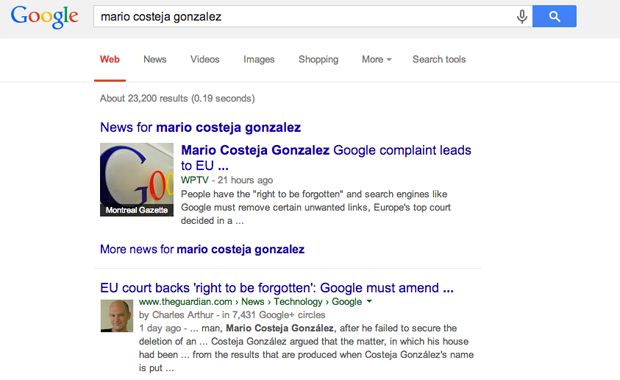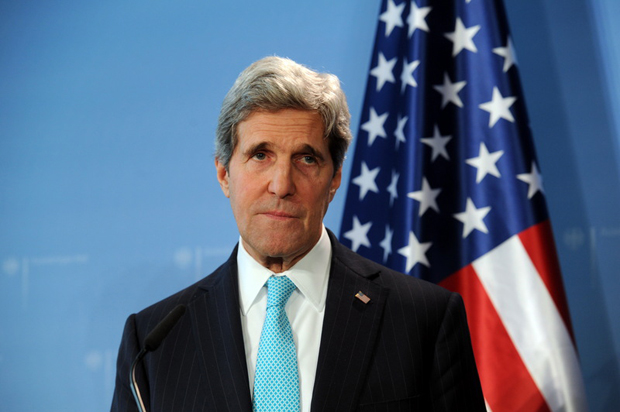Who limits access to information in the context of a search, and what it produces, continues to loom large. The right to know jousts with the entitlement to be invisible, writes Binoy Kampmark


Who limits access to information in the context of a search, and what it produces, continues to loom large. The right to know jousts with the entitlement to be invisible, writes Binoy Kampmark

The US Congress has made it clear by passing the USA Freedom Act that compromise is one way of doing nothing, a form of sanctified inertia. Binoy Kampmark writes

All states, autocratic or otherwise, have made it their business to stifle internet freedoms. They just disagree on how best to do it, Binoy Kampmark writes

A fundamental feature of Obama’s reform agenda centres on a greater oversight role regarding surveillance applications assessed by the Foreign Intelligence Surveillance Court (FISC). Binoy Kampmark reports

Reforms are on the cards for internet governance, but no one seems to be clear what exactly these will do to the way the web is used. Sentiments of doom and gloom mix with utopian forecasts of freedom, Binoy Kampmark writes

Knowledge, claimed Francis Bacon, is power. It is also money. Which is why Canada’s newly drafted Digital Privacy Act, Bill S-4, is considered by the privacy fraternity to be a demon of some proportions, Binoy Kampmark writes

Edward Snowden’s revelations on the voracious appetite of spying on all and sundry by the National Security Agency and allied agencies should not give pause for too much comment, other than to affirm a general premise: Activists and non-government groups are to be feared.

EU officials should have seen it coming. In December, the Advocate General of the ECJ was already of the opinion that the DRD constituted “a serious interference” with privacy, Binoy Kampmark writes

Reforms can be a deceptive thing. They can be particularly deceptive when covering the intelligence community, which is notoriously resistant to legislative meddling it tends to find intrusive. Binoy Kampmark writes

Turkey’s recent experience with Twitter shows classic authoritarianism is based on merging civic responsibility with a leader’s aspirations. Binoy Kampmark writes.

The government will consider various legal means to provide a “legal incentive” for internet service providers to collaborate with copyright owners to combat infringements, Binoy Kampmar writes

The revelations by Edward Snowden last June about massive, unaccountable surveillance by the US National Security Agency (NSA) and its British counterpart GCHQ have raised one vital question. Is there a global right of privacy? Binoy Kampmark writes